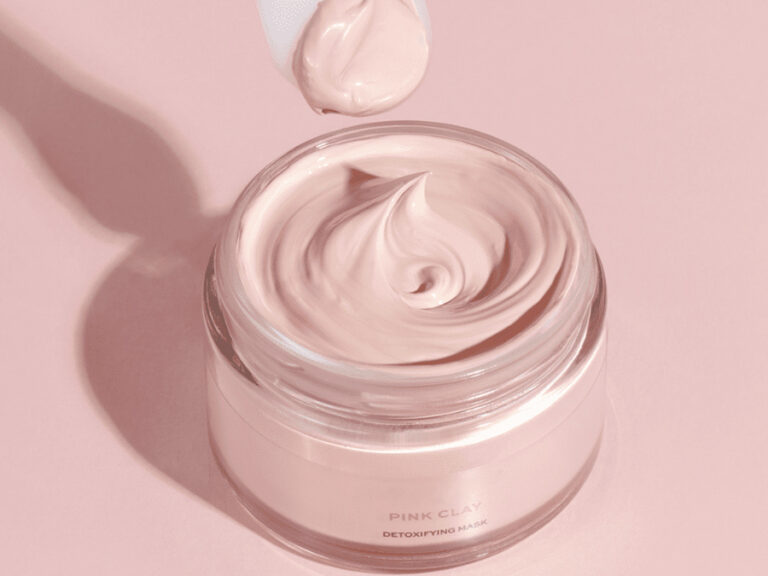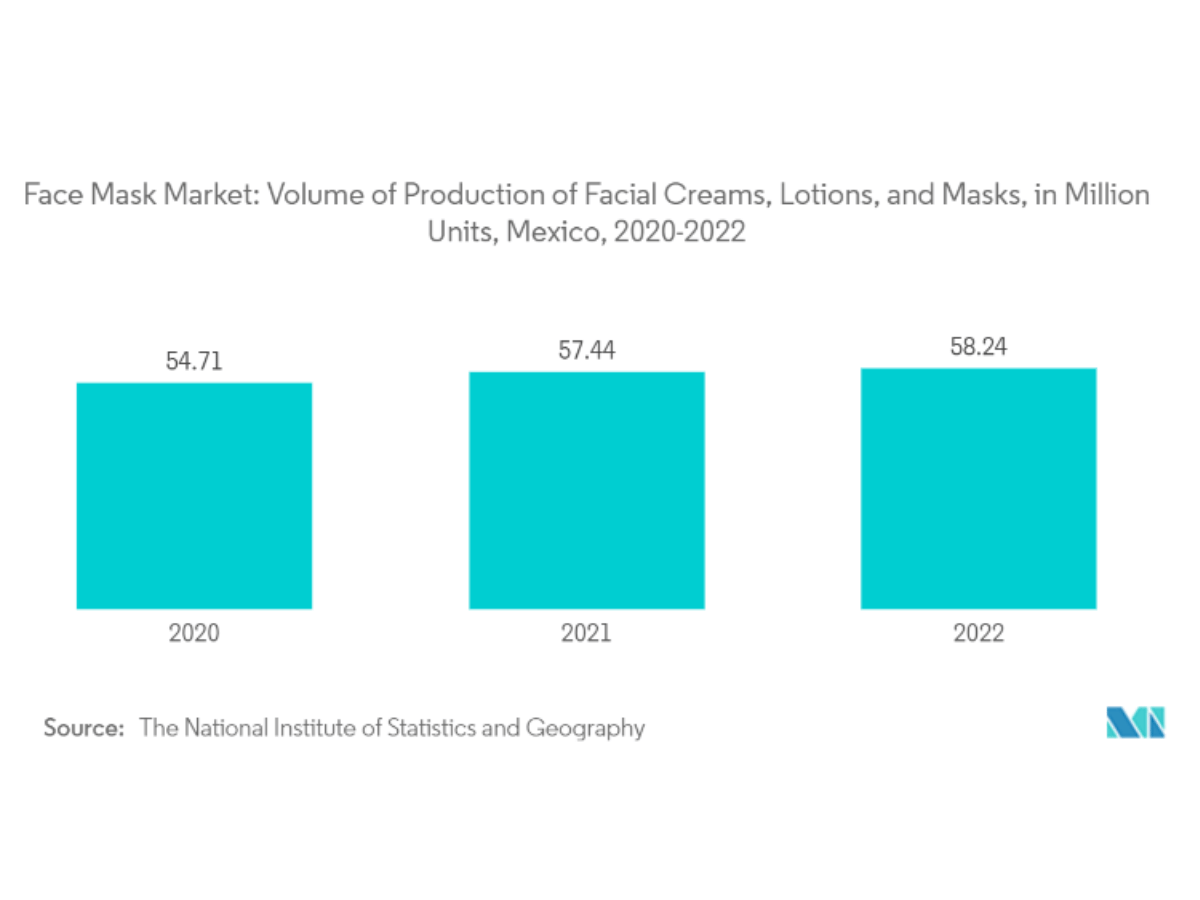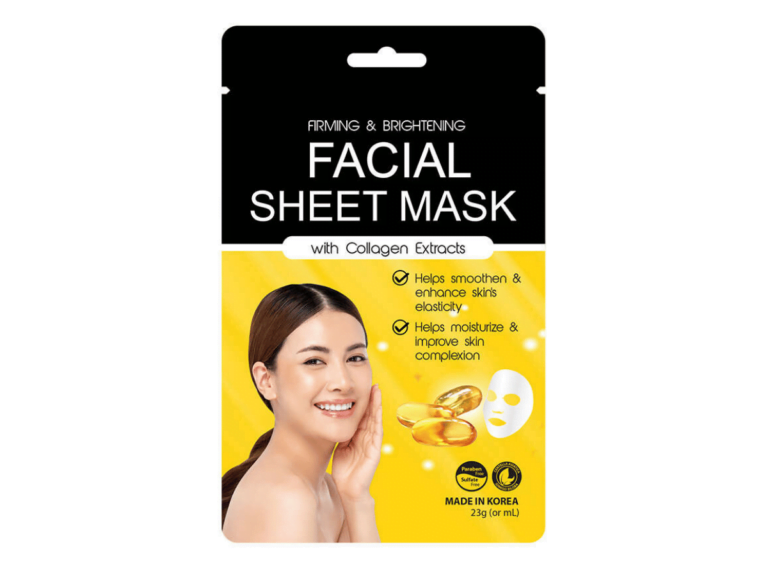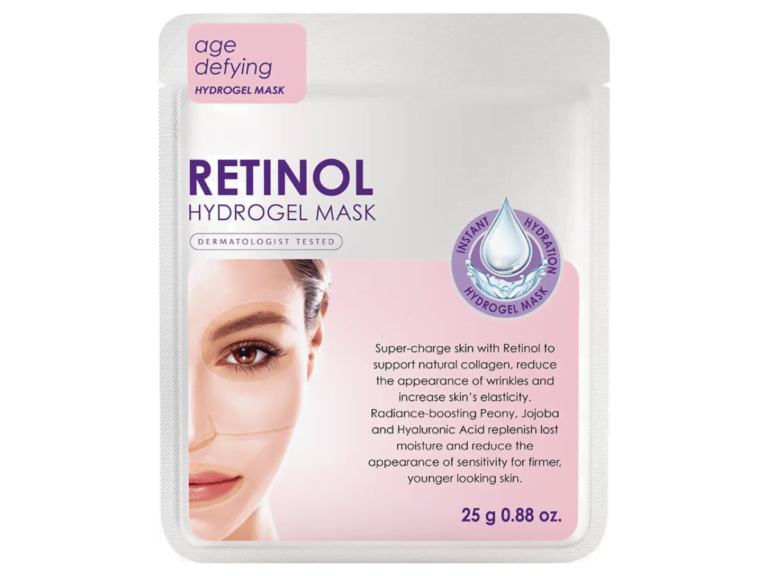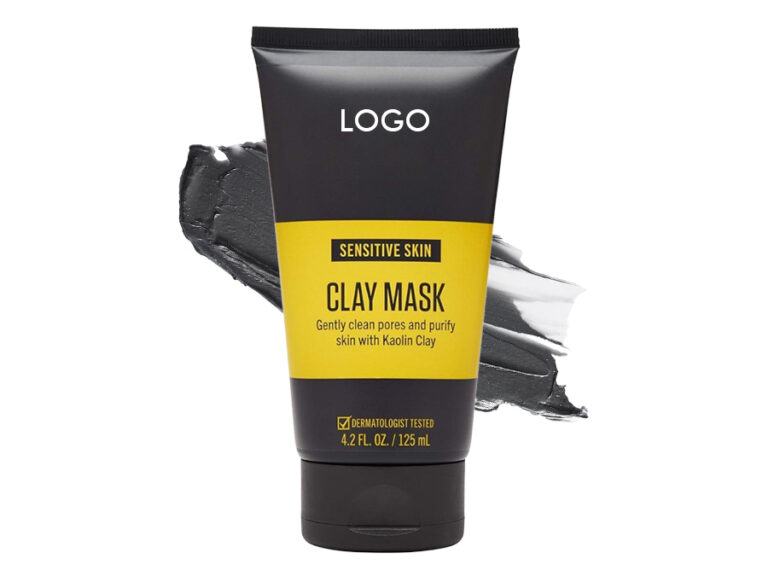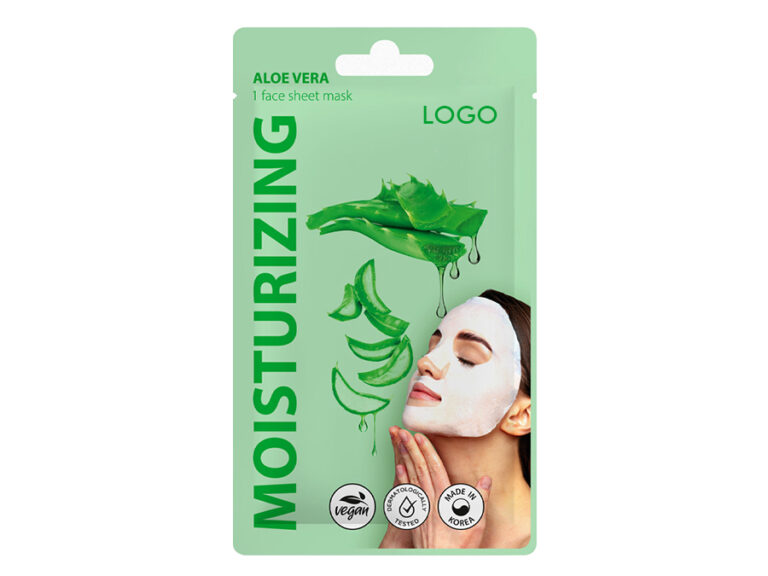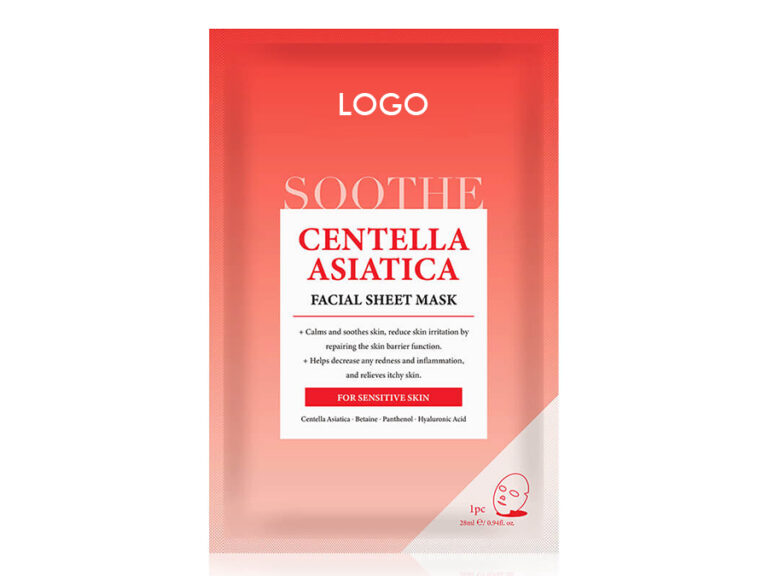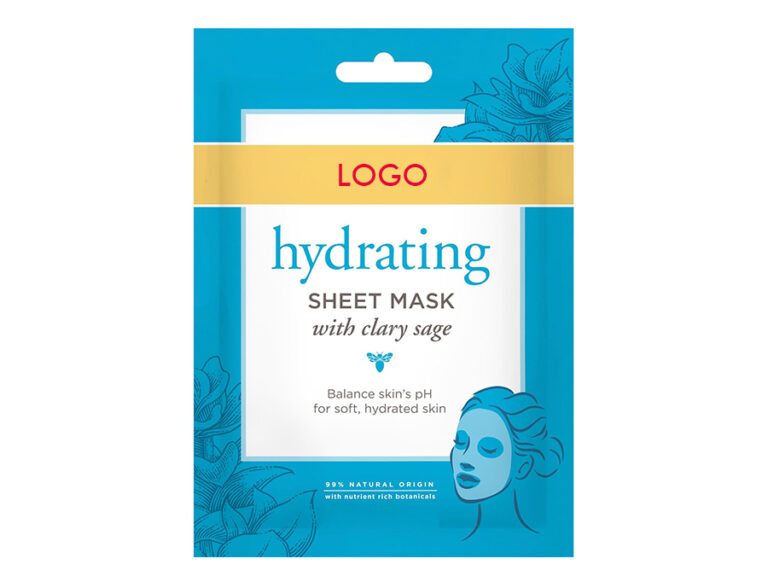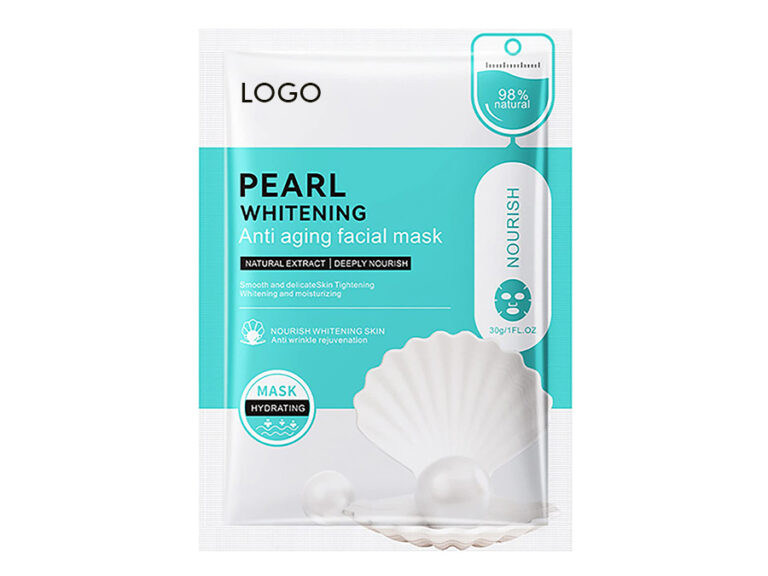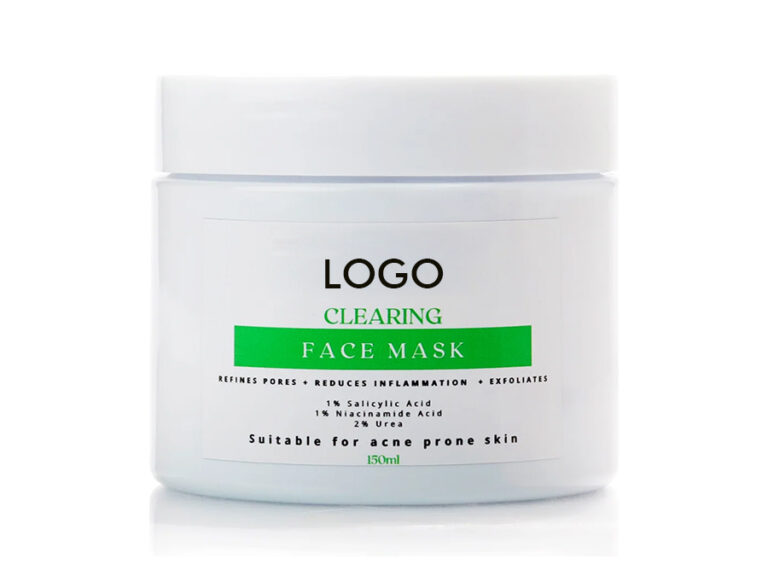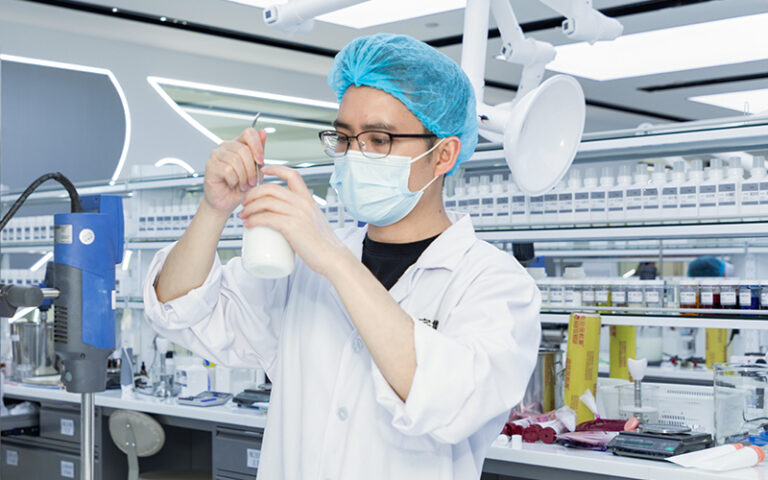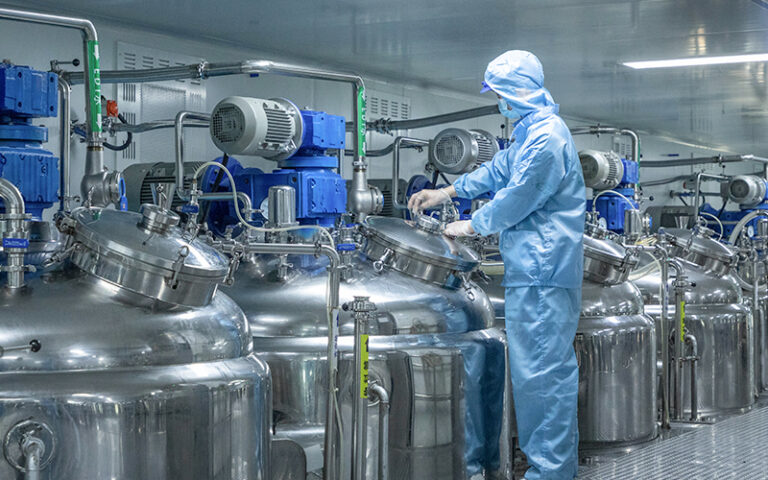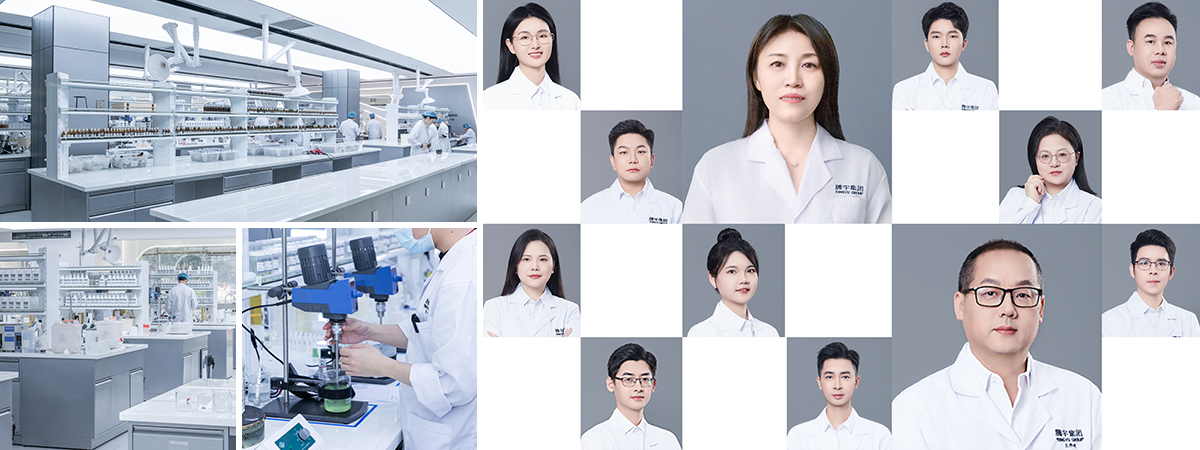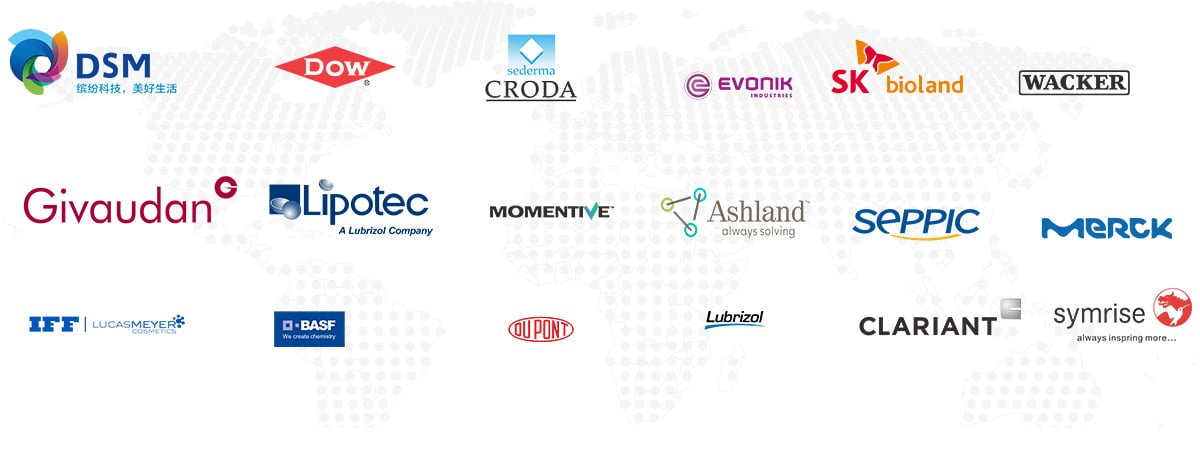#1 Quality Control and Testing
As with any cosmetic product, including
facial products, the importance of quality cannot be overstated in the world of facial masks. Establishing rigorous quality control measures ensures consistency across batches, upholding the brand’s reputation. These guidelines should be followed at every stage of the production process, from sourcing ingredients to packaging, not just for the final product.
Beyond quality, safety, and efficacy are important. This necessitates an ongoing commitment to product testing to ensure that face masks are both safe for use and effective in their intended purpose. Key tests include dermatological assessments, stability tests, and efficacy evaluations. Such tests confirm the product’s claims and establish its standing in the market.
#2 Sustainability and Ethical Practices
As consumers become more conscious of their ecological footprint, businesses must adapt. This means diving into responsible sourcing, going for eco-friendly packaging, and adopting sustainable business operations. By showing this dedication, brands not only appeal to environmentally conscious consumers but also make a tangible difference to the environment.
Beyond mere profitability, the face mask industry must deal with critical ethical issues. For instance, from avoiding animal testing to advocating for fair labor practices, brands have a responsibility. Additionally, transparency in ingredient sourcing and ensuring no child labor are other ethical principles to uphold.
#3 Market Research
The face mask industry is constantly changing with new trends in beauty and health. Success in this field requires staying updated on trends like organic ingredients and advanced mask technologies, providing a competitive edge in the ever-evolving market. Understanding your target customers, be it luxury or everyday users, is vital for shaping product design, marketing, and strategy.
A wise business owner should analyze existing brands’ strategies, including their focus on influencer marketing or unique formulations, by examining their product range, marketing approaches, and customer feedback. A thorough competitor analysis not only reveals market gaps but also provides insights into effective promotional tactics, product launches, and customer preferences.
#4 Supply Chain and Manufacturing
The key to an excellent face mask lies in its ingredients. Ensuring the procurement of high-quality ingredients that resonate with the brand’s values is essential. This involves building relationships with reliable suppliers who uphold similar quality and ethical standards.
Entering the face mask manufacturing requires careful thought about production facilities. For instance, factors like scalability, hygiene standards, and production capacity can greatly influence product quality and consistency. This ensures that brands can meet market demands without compromising on quality.
#5 Product Development
Crafting a face mask that stands out requires a meticulous formulation process. Ensuring that each ingredient harmoniously contributes to the product’s overall effectiveness is essential. Safety, efficacy, and consumer satisfaction should be the guiding principles.
Every face mask, including those from a
makeup remover manufacturer, product needs rigorous testing and relevant certifications to vouch for its safety and efficacy. Certifications like ISO, GMP, and dermatologically-tested seals are crucial. At TY Cosmetics, we prioritize certifications to give our partners standout and trusted products, helping businesses excel in this competitive landscape.
